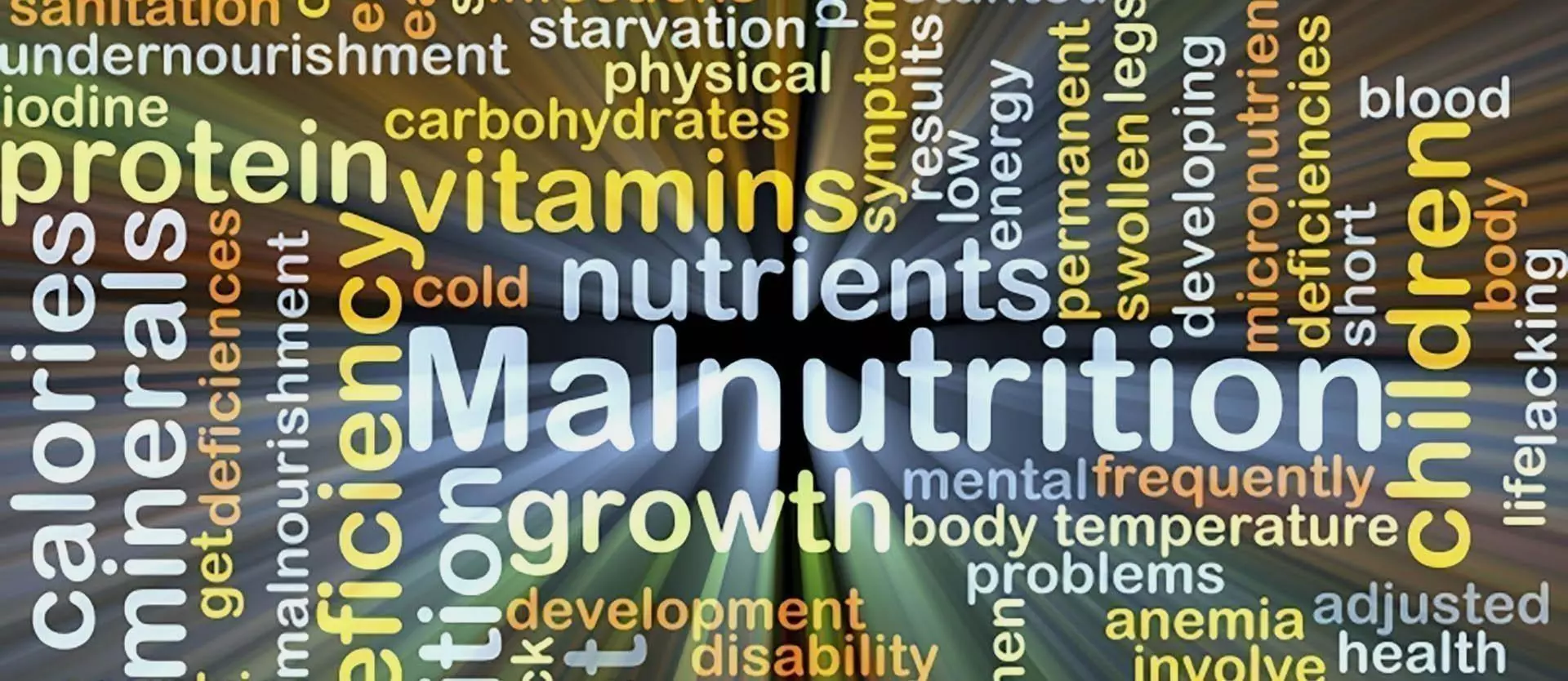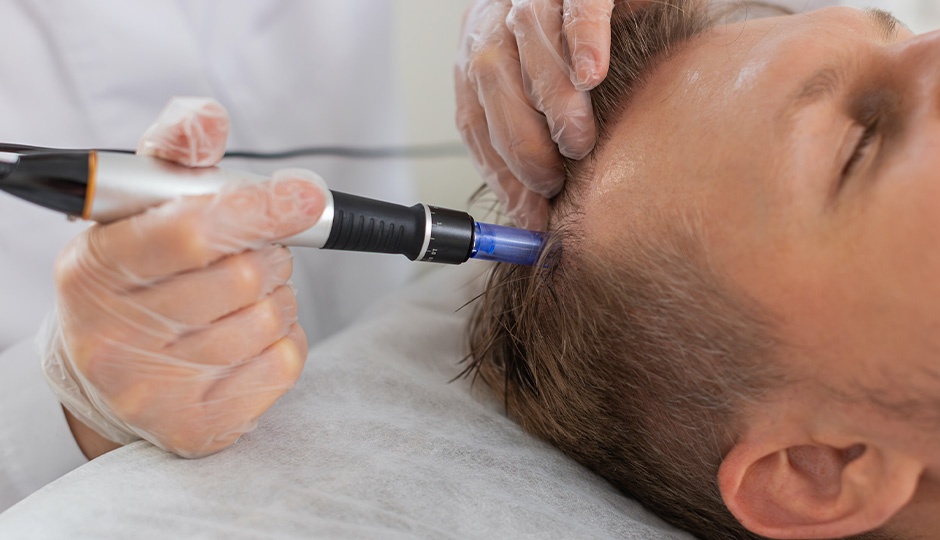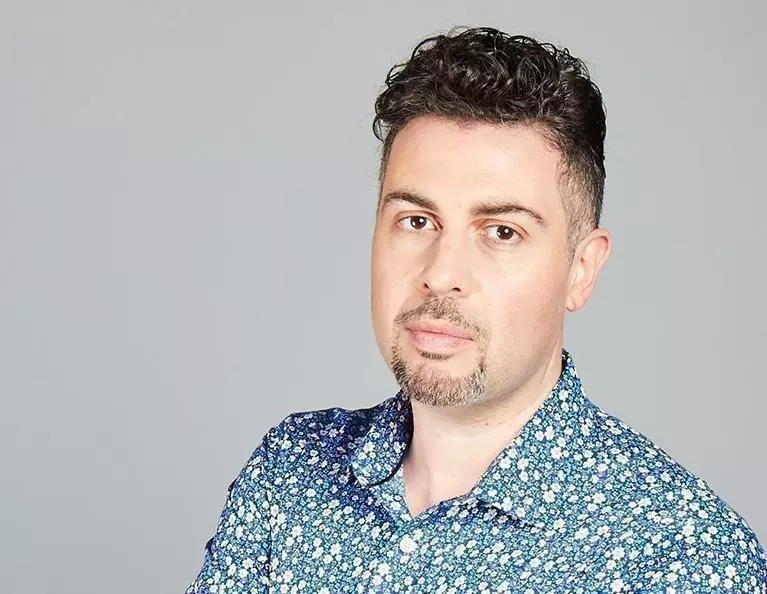Many people, men and women, young and old, have Vitamin D deficiency. Most people do not know they have this condition, but it is very common in Western cultures. The problem stems from a lack of sunlight exposure on a daily basis. It can impact a wide range of bodily functions including hair growth and health. The good news is that it can often be fixed with improved access to this nutrient. What should you know about Vitamin D and how should you correct this problem?
Why Does Vitamin D Matter?
Vitamin D, like other vitamins and minerals, plays a very important role in the way your body works. Your body's cells and organs rely on these nutrients to function properly. When you have the right level of Vitamin D in your body, as well as other important and valuable nutrients, your body's systems can function at their highest level. When you do not have enough Vitamin D in your body, the end result can impact your energy level, overall health, and hair. Vitamin D, in particular, can help to prevent overall hair health and helps you to maintain a glowing, healthy look.
How much Vitamin D do you need to maintain health? This does vary from one person to the next. However, most adults should have an intake of at least 600 international units a day. This is at least 15 micrograms each day. Adults should not consume more than 4,000 international units or 100 micrograms each day. This information, which is from the National Institutes of Health, is a guideline. The amount of your nutrient levels may differ from one person to the next.
Where do you get Vitamin D then? Vitamin D is available in a variety of sources. You can get it from eating some types of oily fish. You can get it from some fortified milk products (look for milk with Vitamin D included.) It is also found in supplement form and in cod liver oil. However, the very best source of it comes directly from the sun. Exposure to the sun allows the body to produce Vitamin D. Without sunlight, such as spending all of your time indoors, limits your body's ability to do this and therefore leads to a lack of Vitamin D in your body.
What Happens If You Do Not Get Enough Vitamin D?
Vitamin D deficiencies can impact the hair in a variety of ways. Vitamin D is very important for the maintenance of normal hair growth. Specifically, it aids in every stage of the hair growth process from growth to regressing to resting. This is because the vitamin helps to regulate epidermal proliferation and differentiation. It also helps to regulate normal hair follicle cycling. It is essential to the normal growth cycle. Without it, your hair cannot move through this cycle and, as a result, it doesn't maintain the same thickness and overall health that it should.
When a lack of Vitamin D is present, a lack of growth can occur. If you have a moderate level of Vitamin D deficiency, your hair growth may slow down. You may have limited amount of hair thinning. Remember, this can occur in men and women. In addition, when the level of Vitamin D is even lower, you may have hair that just does not grow. This means that when your currently growing hair falls out, new hair may not continue to grow and develop. You may have more moderate or severe hair loss.
Fixing the Problem
The good news is that Vitamin D deficiencies can often be treated. For this to occur, individuals should aim to get outdoors more often. This is the most common way to gain a normalized level of Vitamin D in the body again. In addition to this, you may also benefit from taking supplements. It is a good idea to talk to your doctor about your likely hair loss and Vitamin D levels. It is best for your doctor to perform a simple blood test to determine what your Vitamin D levels are. This will then give you the opportunity to improve those levels and potentially restore normal hair growth. In many people, this is all that's necessary to see improvement.
Contact the hair specialists at Unique Hair Concepts to learn more.






